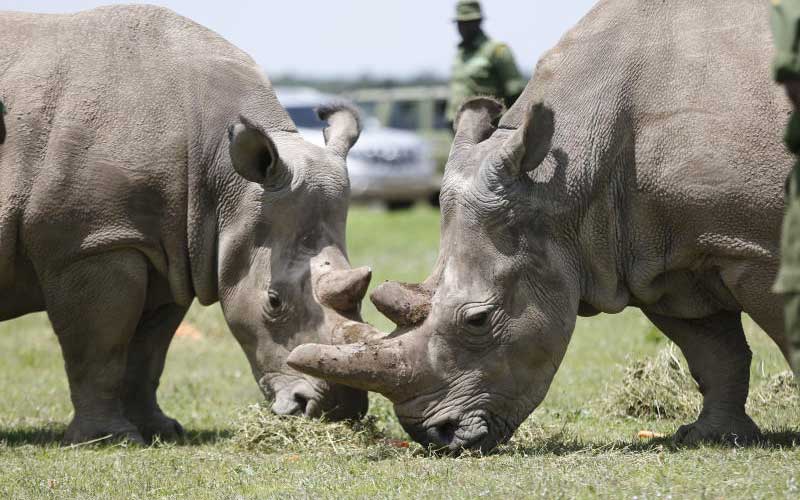×
The Standard e-Paper
Kenya’s Boldest Voice

Scientists have successfully harvested ova from the world’s remaining two female northern white rhinos.
The procedure that had never been attempted on the species was done Thursday at Ol Pejeta Conservancy in Laikipia County, Kenya.